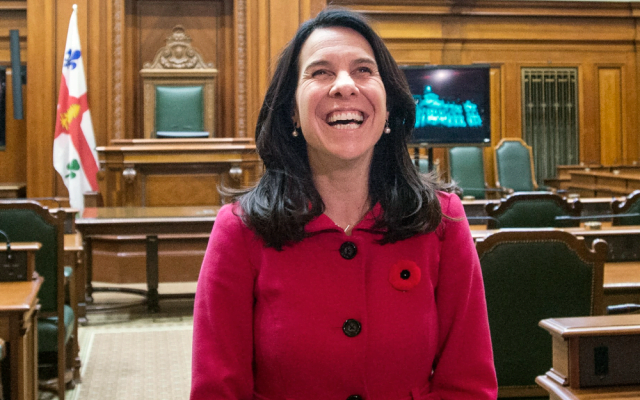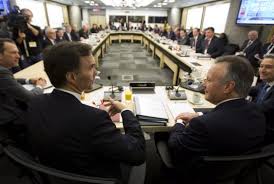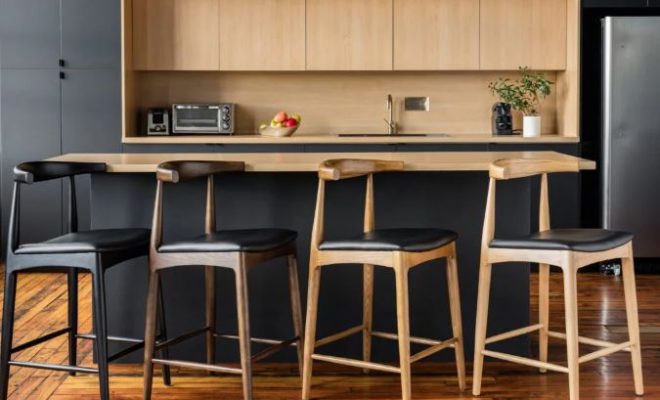New Montreal mayor Valerie Plante wants to quickly begin working on projects

Newly elected mayor Valerie Plante, said she wants to quickly begin working with the federal and provincial governments on the actualization of her projects—which includes the construction of a 29-stop subway line.
“We can’t wait five, 10 years—the (infrastructure) money is there now,” Valerie Plante said Monday, a day after pullingoff a major surprise by claiming more than 51 per cent of the vote,to defeat incumbent Denis Coderre.
The 43-year-old said she was extremely “honoured” at achieving such historical feat—as the first female mayor in Montreal.
“My children were with me last night and my oldest son, once he came on stage, said, ‘Mom, do you realize you will be in the history books’ and I have to say at that moment I was a bit shocked and I was like, ‘Yeah, that’s true’.”
She also remarked that she experienced waves of support during the campaign.
“It was a wave, I think we can call it a wave,”Plante said. “We felt the wave over the last two weeks, the energy, the things people were telling me.”
Plante, who made numerous campaign promises—which includes enhancing the city’s mobility and livability, is also promising a more transparent governance and leadership that would be in contrast with Coderre’s.
Sojourning into politics in 2013—after she won a seat in the council against former provincial cabinet minister Louise Harel, Plante was then elected leader of Projet Montréal in 2016.
While beginning the mayoral race in the back seat, the mother of two—who takes public transport or rides her bicycle to work, slowly gained the affection of Montrealers as the campaign continued. Winning their hearts with her show of modesty, as opposed to her flamboyant opponent.
The highlight of her campaign was the promise to improve mobility by creating a new subway line to link the city’s densely populated northeast end to downtown. .
Prime Minister Justin Trudeau showedsupport for Plante’s historic feat in a tweet late Sunday night.
“Congratulations Plante, first-ever woman elected mayor of Montreal! I’m looking forward to working together on our shared priorities,” he tweeted.
The departing mayor Coderre, a former Liberal MP and cabinet minister, highlighted his achievements throughout his campaign. Citing his ambitious infrastructure renewal plan and equally naming an inspectorgeneralto oversee the awardingof city contracts.
His perceived arrogance though, was a stumbling block;as despite the upsurge of Montreal’s economy during his tenure, his ability to make hasty and rash decisions contributed to his resounding defeat.
Coderre had been under fire for his lavish spendings on unnecessary and flamboyant projects during the city’s 375th birthday celebration. Also, heintroduced a legislation last year that riled up dog lovers, as he called for the ban of pit bulls from the city.
Coderre announced his departure from municipal politicsin his concession speech, saying that he remained proud of what he had accomplished.
“I’m leaving with my head high,” he said. “Montreal is an exceptional city, Montreal is a metropolis that is the envy of the world.”
Incumbents experienced better fates elsewhere in the province, includingMayor Regis Labeaume of Quebec City, who won a fourth term.
Other re-elected candidates were, Marc Demersin Laval,Yves Levesque in Trois-Rivieres Laval,Yves Levesque in Trois-Rivieres, and Maxime Pedneaud-Jobin in Gatineau.
However, there was a shocking victory in Sherbrooke, as independent candidate Steve Lussier defeated incumbent Bernard Sevigny.
About 858 municipal elections were held across the province, with more than 8,000 mayor or councillor positions available.
About half of those positions were already filled by unopposed candidates by election day.








